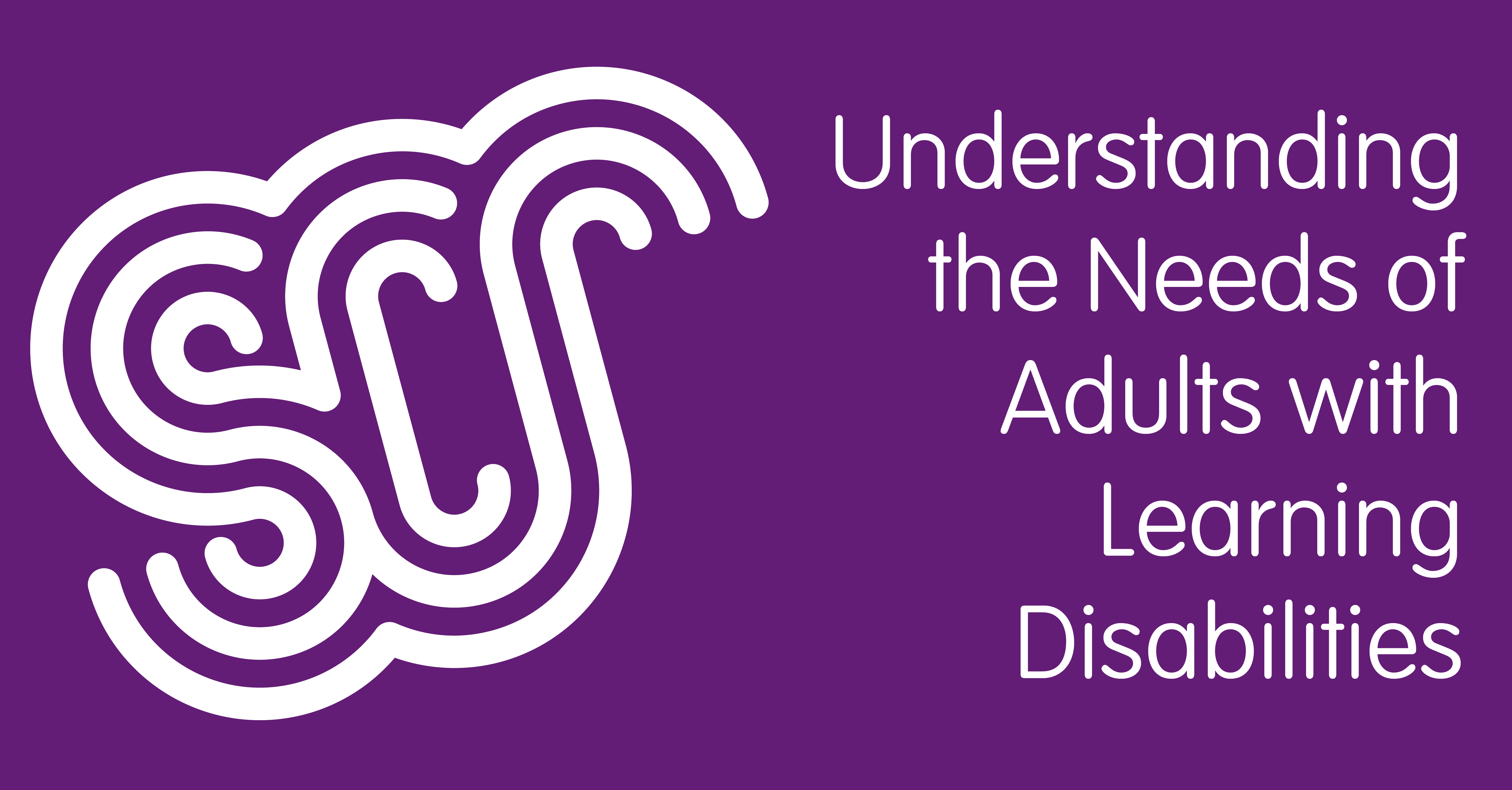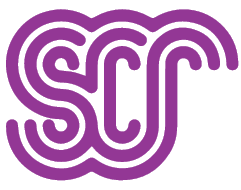
Understanding the Needs of Adults with Learning Disabilities
Supporting adults with learning disabilities requires understanding and empathy. In this guide, we will explore effective strategies and resources to enhance their quality of life and promote independence. By implementing these techniques, you can make a positive impact on the lives of individuals with learning disabilities.
What are learning disabilities?
Learning disabilities are neurological disorders that affect the brain’s ability to process and understand information. They can impact a person’s ability to read, write, speak, listen, and perform mathematical calculations. Learning disabilities are not related to intelligence, and individuals with learning disabilities often have average or above-average intelligence in other areas. Common types of learning disabilities include dyslexia, dysgraphia, dyscalculia, and auditory processing disorder. It is important to recognise and understand these disabilities in order to provide appropriate support and accommodations for individuals with learning disabilities.
Common challenges faced by adults with learning disabilities
Adults with learning disabilities often face a range of challenges in their daily lives. These challenges can vary depending on the specific type of learning disability and the individual’s unique strengths and weaknesses. Some common challenges include difficulties with reading, writing, and spelling, problems with organisation and time management, struggles with memory and attention, and challenges in social interactions and communication. It is important to provide support and accommodations to help individuals with learning disabilities overcome these challenges and thrive in their personal and professional lives.
Effective strategies for supporting adults with learning disabilities
There are several effective strategies that can be used to support adults with learning disabilities. One important strategy is to provide clear and concise instructions and information. This can help individuals with learning disabilities better understand and process information. It is also important to provide accommodations and modifications to tasks and activities to ensure that individuals with learning disabilities can fully participate and succeed. Additionally, providing ongoing support and encouragement can help individuals with learning disabilities build confidence and develop their skills. It is also important to create a supportive and inclusive environment that values and respects the unique strengths and abilities of individuals with learning disabilities. By implementing these strategies, we can effectively support adults with learning disabilities and help them lead fulfilling and independent lives.
Resources and tools available for individuals with learning disabilities
There are a variety of resources and tools available to support individuals with learning disabilities. One important resource is assistive technology, which can help individuals with learning disabilities access information and complete tasks more easily. This can include tools such as text-to-speech software, speech recognition software, and graphic organizers. Additionally, there are organisations and support groups that provide information, advocacy, and support for individuals with learning disabilities and their families. These organisations can offer guidance and resources on topics such as education, employment, and independent living. It is also important to connect individuals with learning disabilities to appropriate professionals, such as psychologists, therapists, and tutors, who can provide specialized support and interventions. By utilising these resources and tools, individuals with learning disabilities can receive the support they need to thrive and succeed.
Promoting independence and improving quality of life for adults with learning disabilities
Promoting independence and improving the quality of life for adults with learning disabilities is crucial for their overall well-being. There are several strategies and resources that can be utilised to achieve this goal. One important aspect is providing appropriate accommodations and support in educational and employment settings. This can include providing assistive technology, personalized learning plans, and workplace accommodations. Additionally, it is important to focus on developing life skills and promoting self-advocacy. This can be done through vocational training, social skills development, and connecting individuals with learning disabilities to support groups and community resources. By empowering individuals with learning disabilities and providing them with the necessary tools and support, they can lead fulfilling and independent lives.
